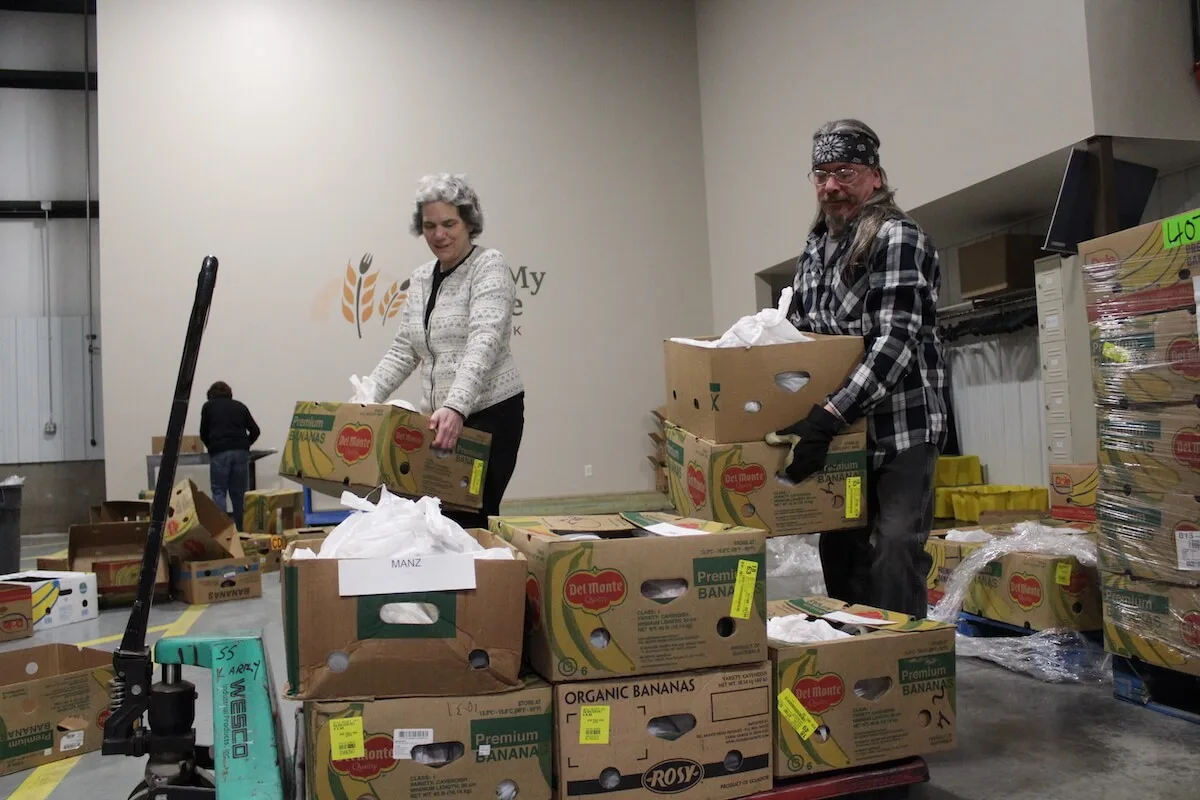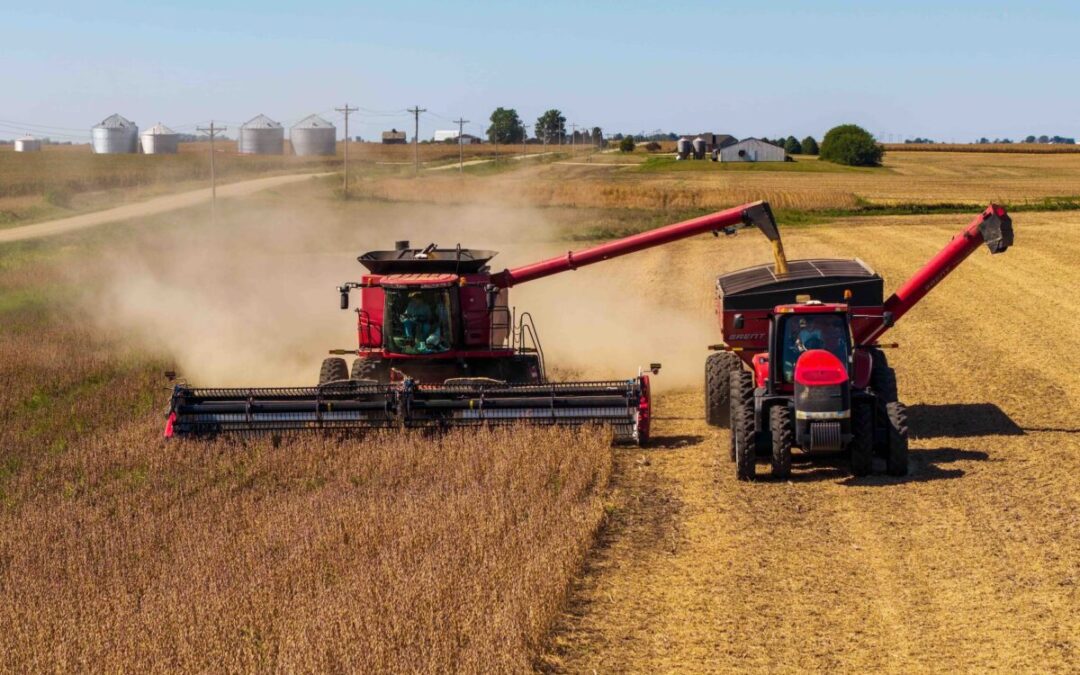
#image_title
State’s Congressional Dems seeking answers on how contracts have been awarded through the Food Box program.
The leader of a Milwaukee-based food bank said failed oversight of a federal program intended to pay farmers and suppliers to produce and process food for people in need during the coronavirus pandemic means many are going hungry.
The Farmers to Families Food Box Program is meant to support farmers struggling financially because of food supply disruptions. Federal funding is provided to food banks, who use it to purchase food from farmers and support companies that process that food.
In May the U.S. Department of Agriculture, Trade and Consumer Protection that oversees the program announced the agency had awarded $1.2 billion of the $3 billion allocated.
However, despite bearing the moniker “America’s Dairyland” and being among the top dairy-producing states in the U.S., Wisconsin has received less than 1 percent of the program’s dairy product contracts.
According to longstanding regulations to allocate funding for the program, Wisconsin should have received $44 million, Sherrie Tussler, executive director of the Hunger Task Force, said in a news release. Instead, the state got only $9 million. Her agency applied for $37 million of that money.
Because of that shortfall, Tussler said Wednesday, thousands across the state are going without needed food. Her agency, which serves 81 organizations and nine tribal nations was ready to receive funding for food, but now people in need “were ignored when our application was denied,” she said.
Four Wisconsin Congressional Democrats on Wednesday questioned the oversight of a federal program intended to pay farmers hindered by food supply disruptions and to provide food to people needing it.
U.S. Sen. Tammy Baldwin, D-Wis., and U.S. Reps. Ron Kind, D-La Crosse, Gwen Moore, D-Milwaukee, and Mark Pocan, D-Madison, sent a joint letter to U.S. Department of Agriculture Secretary Sonny Perdue seeking answers about how contracts have been awarded through the Food Box program.
Many of the contracts have been awarded to companies with little experience, the lawmakers said, meaning many food banks are reporting having received far fewer food boxes than anticipated.
In Wisconsin, dairy farmers, processes and distributors are working with the Hunger Task Force and the state Department of Agriculture, Trade and Consumer Protection to help farmers and processors feed those in need, Baldwin said.
“The USDA has a lot of explaining to do about why inexperienced and poor-performing contractors in other states have been awarded contracts while qualified partners in Wisconsin have been left behind,” she said in the release. “We have proven partnerships in Wisconsin to address food insecurity and we need the USDA to join us with support.”
In a May 19 news release, Perdue touted the Food Box program, saying it will not only help farmers and processors struggling amid the pandemic but feed people who lack access to food.
“These payments will help keep farmers afloat while market demand returns as our nation reopens and recovers,” Perdue said.
Farmers already struggling amid continued low milk and grain prices were dealt another economic blow with the coronavirus outbreak. With the shutdown and schools and businesses because of the pandemic, some dairy farmers were forced to dump thousands of gallons of milk daily because of a drop in demand.
Those woes are compounded, Kind said, by the failure of the USDA to provide more funding to Wisconsin farmers at a critical time.
“It’s baffling and unacceptable (that) America’s Dairyland could receive less than 1 percent of the awards for dairy products through the Farmers to Families Food Box Program,” Kind said. “With COVID-19 causing considerable economic damage to family farmers across Wisconsin, USDA must provide clear answers on where funding through this program is going and how decisions are being made on which companies receive awards moving forward.”
The lawmakers said the USDA must increase transparency of companies awarded contracts, provide funding opportunities to organizations that were denied contracts, and ensure the remaining $1.8 billion of program funding is distributed more fairly.
The number of people lacking enough money to purchase food has grown significantly during the coronavirus pandemic as many people have been unemployed. Food banks like Hunger Task force have experienced a significant increase in the number of people seeking food since the pandemic hit the U.S. in March.

Retired veterinarian uses pasture for seasonally grazing dairy heifers and extra income
BEAR CREEK, Wisconsin – Earlier this year Jeff and Alex Wepner were looking for a place where their dairy heifers could grow and develop during the...

China has resumed U.S. soybean imports. It might not be enough for Wisconsin farmers
After a tense months-long standoff over tariffs, China has agreed to resume U.S. soybean imports in exchange for the U.S. easing up its tariff...

China is boycotting American soybeans. Wisconsin farmers will pay the price for it, trade group says
As China and the U.S. remain locked in a tense standoff over tariffs, Wisconsin soybean farmers have found themselves in the crossfire of the...

In Portage County, residents fight for a say in local government
One of my favorite photos of my friend Jason Dunkin is a selfie he took where he’s grinning ear to ear. He’s sitting across from his local city...




